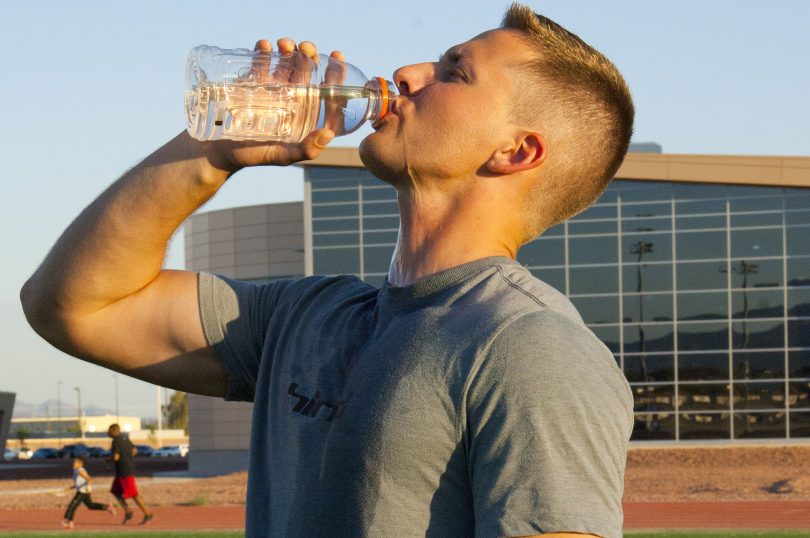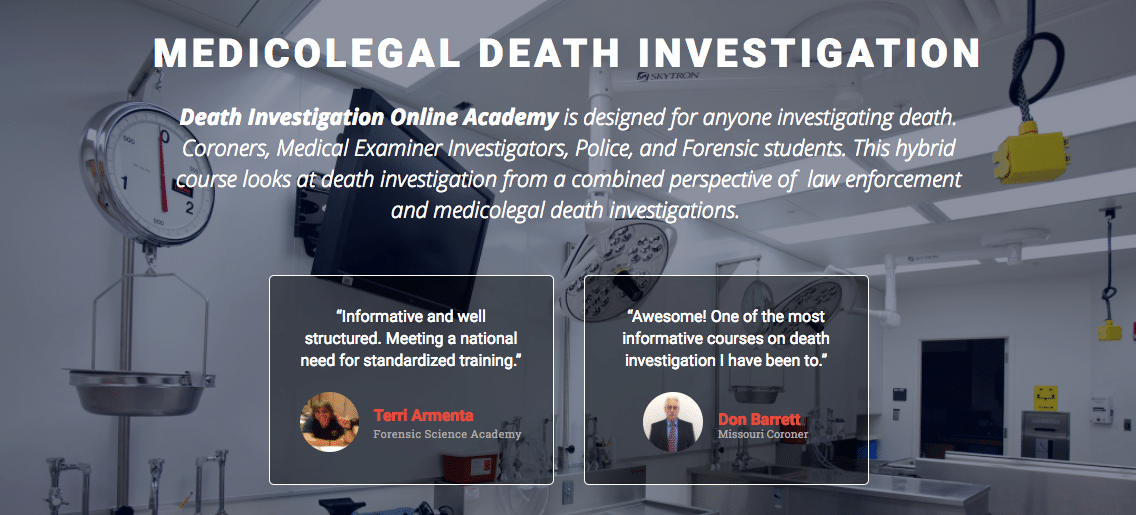 Water intoxication, also known as water poisoning, hyperhydration, overhydration, or water toxemia is a potentially fatal disturbance in brain functions that results when the normal balance of electrolytes in the body is pushed outside safe limits by excessive water intake.
Water intoxication, also known as water poisoning, hyperhydration, overhydration, or water toxemia is a potentially fatal disturbance in brain functions that results when the normal balance of electrolytes in the body is pushed outside safe limits by excessive water intake.
Under normal circumstances, accidentally consuming too much water is exceptionally rare. Nearly all deaths related to water intoxication in normal individuals have resulted either from water drinking contests, in which individuals attempt to consume large amounts of water or from long bouts of exercise during which excessive amounts of fluid were consumed. In addition, water cure, a method of torture in which the victim is forced to consume excessive amounts of water, can cause water intoxication.
Water, just like any other substance, can be considered a poison when over-consumed in a specific period of time. Water intoxication mostly occurs when water is being consumed in a high quantity without adequate electrolyte intake.
Pathophysiology
At the onset of this condition, fluid outside the cells has an excessively low amount of solutes, such as sodium and other electrolytes, in comparison to fluid inside the cells, causing the fluid to move into the cells to balance its concentration. This causes the cells to swell. In the brain, this swelling increases intracranial pressure (ICP), which leads to the first observable symptoms of water intoxication: headache, personality changes, changes in behavior, confusion, irritability, and drowsiness.
These are sometimes followed by difficulty breathing during exertion, muscle weakness & pain, twitching, or cramping, nausea, vomiting, thirst, and a dulled ability to perceive and interpret sensory information. As the condition persists, papillary and vital signs may result including bradycardia and widened pulse pressure. The cells in the brain may swell to the point where blood flow is interrupted resulting in cerebral edema. Swollen brain cells may also apply pressure to the brain stem causing central nervous system dysfunction. Both cerebral edema and interference with the central nervous system are dangerous and could result in seizures, brain damage, coma or death.
 Dr. Banerjee has been a practicing forensic pathologist for 6 years after training at the top programs such as The Johns Hopkins Hospital and the Office of the Chief Medical Examiner. She is board certified in both Anatomic and Forensic Pathology by the American Board of Pathology. In addition, she brings a unique perspective with insight into medical conditions as she completed a year of internal medicine training at the Hospital of the University of Pennsylvania.
Dr. Banerjee has been a practicing forensic pathologist for 6 years after training at the top programs such as The Johns Hopkins Hospital and the Office of the Chief Medical Examiner. She is board certified in both Anatomic and Forensic Pathology by the American Board of Pathology. In addition, she brings a unique perspective with insight into medical conditions as she completed a year of internal medicine training at the Hospital of the University of Pennsylvania.
During her career, she has conducted over 1400 postmortem examinations including handling over 100 homicide cases. She also has been called to multiple crime scenes to provide immediate expertise.
In addition to postmortem examinations, she prides herself in academic endeavors. Dr. Banerjee is a Clinical Assistant Professor of Pathology at Brown University. She has also published multiple articles in peer-reviewed journals.
 Death Investigator Magazine
Death Investigator Magazine
A digital magazine focused on the death investigation community. Dedicated to improving skills and enriching lives of investigators.
 Medicolegal Death Investigation – Online Academy
Medicolegal Death Investigation – Online Academy

The Death Investigation Training Academy was founded to play an integral role in the death investigation community. The need for quality accredited training is in short supply and high demand. Using a combination of classroom training, live on site scenario exercises, and web-based training, the Death Investigation Training Academy is filling the need of 21st-century investigators.

coroner,police training, darren dake,sheriff,deputy,coroner association,murder scenes,auto fatalities,csi,first responders,autoerotic fatalities,become a coroner,forensic science crime scene investigation,forensic science crime,scene investigator,forensic training,forensics training,how to be a crime scene investigator,how to become a death investigator,how to become a medical examiner,how to become a medical examiner investigator,medical examiner investigator training,medical investigator training,medicolegal death,medicolegal death investigator training,murder scenes,pictures of murder scenes,murder,real murder crime scenes,traffic deaths,traffic fatalities,what does it take to be a coroner,what does it take to be a criminal investigator,firefighter,fire training,firefighter training,autoerotic fatalities,become a coroner,coroner information,crime scene clean up training,crime scene cleaning training,crime scene cleanup training,crime scene investigation,crime scene investigation classes,crime scene investigator courses,crime scene investigator school,crime scene jobs,crime scene photography,crime scene photography training,crime scene technician,crime scene technician training,crime scene training,criminal investigation,criminal investigator,criminal justice,criminal justice forensic science,criminal justice forensics,criminal scene investigation,death crime scenes,death investigation training,death investigator training,death investigators,forensic death investigator,forensic investigator,forensic photography, crime scene clean up,crime scene bio-hazard, using plants in criminal investigation,forensic botany,dr.jane bock,death investigator magazine,dr judy melinek,badge of life,american college of forensic examiners,acfei,american board of medicolegal death investigators,abmdi,matthew lunn,underwater crime scene,mike berry,online learning,lopa,cultural diversity,anger de-escalation, coroner school,



 This exclusive first of its kind Medicolegal Death Investigation (MLDI) kit contains all the items you need to document and collect evidence from the most important piece of evidence at any death scene – The Body. Designed for Coroners, Medical Examiner Investigators, and anyone responsible to investigate and process a death.
This exclusive first of its kind Medicolegal Death Investigation (MLDI) kit contains all the items you need to document and collect evidence from the most important piece of evidence at any death scene – The Body. Designed for Coroners, Medical Examiner Investigators, and anyone responsible to investigate and process a death.